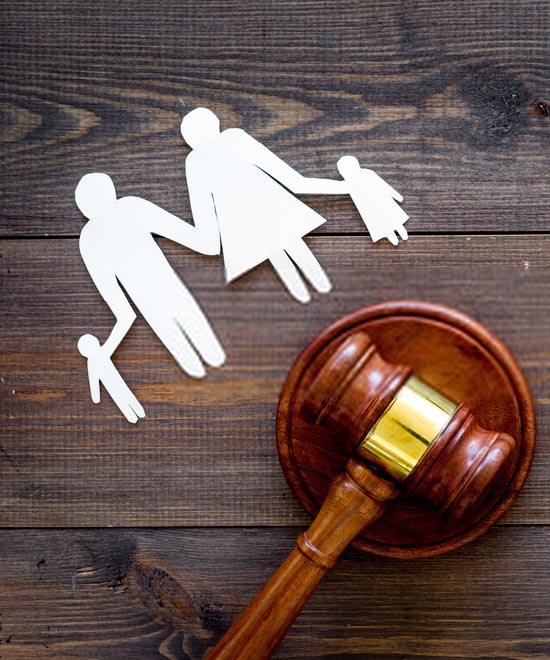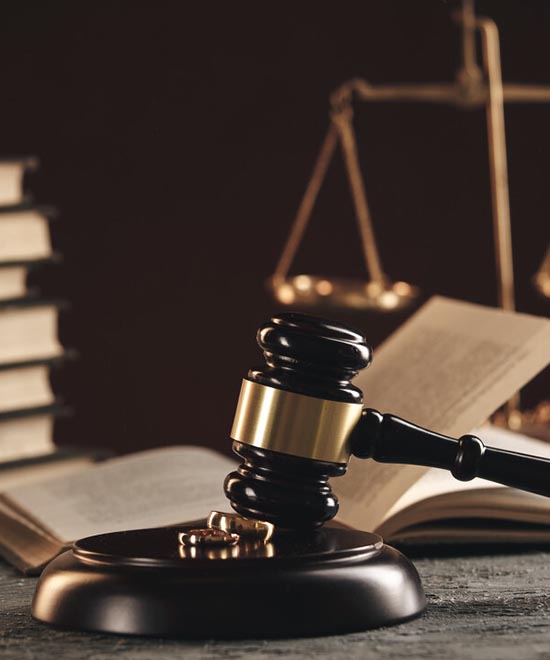Emerging Challenges Relating To Human Rights In India!!!
Human Rights are the basic rights and freedom that belong to every person in the world from birth until death. They apply regardless of where you are from, what you believe or how you choose to live your life. Thus, human rights are basically relevant to all of us, not just to those who face repression or mistreatment. In India, Human Rights are commonly understood as inalienable fundamental rights to which a person is inherently entitles simply because she or he is a human being. Human Rights are thus conceived as Universal and Egalitarian which are applicable to everyone and everywhere. These rights may exist as natural rights or as legal rights.
As per Justice J. S. Verma, ‘Human rights are indivisible, inter-dependent and inter-related, and have a definite linkage with human development; both share a common vision with a common purpose. The debate on the classification of human rights based on different generation of these rights is purely academic since all of them must co-exist. Respect for human rights is the route for human development and realisation of the full potential of each individual, which in turn leads to augmentation of the human resources with progress of the nation. Empowerment of the people through human development is the aim of human rights.
According to Section 2 (1) (d) of Protection of Human Rights Act, 1993: “Human Rights” means the rights relating to life, liberty, equality and dignity of the individual guaranteed by the Constitution or embodied in the International Covenants and enforceable by courts in India
The recognition of the inherent dignity and of the equal and inalienable rights of all members of the human family is the foundation of freedom, justice and peace in the world. There are three generations of Human Rights: First Generation: Civil and Political Rights (Right to life and Political Participation), Second Generation: Economic, Social and Cultural Rights (Right to subsistence) and; Third Generation: Solidarity Rights (Right to Peace, Right to clean environment and right to development).
HUMAN RIGHTS AS INCORPORATED IN INDIAN LAWS:
Dr. B.R. Ambedkar, the crusader of human rights and chairman of drafting committee of Indian Constitution incorporated several provisions of human rights in Indian Constitution under Part III of Fundamental Rights from Article 14 to 32 and Directive Principles of State Policy from Articles 36 to 51 like Right to Equality, Right to Freedom, Right against Exploitation, Minorities Educational Cultural Rights and Right to Constitutional Remedies. Articles 14 to 18 of the Constitution guarantee the right to equality to every citizen of India. Article 14 embodies the general principles of equality before law and prohibits unreasonable discrimination between persons. It embodies the idea of equality expressed in Preamble. Article 15 relates to prohibition of discrimination on grounds of religion, race, caste, sex or place of birth. Article 16 guarantees equality of opportunity in matters of public employment. Article 17 abolishes ‘Untouchability’. Article 18 abolishes titles, Article 19 deals with freedom of speech and expression and Article 21 to Right to life and liberty. The Supreme Court of India is having the power of judicial review and can strike down any legislation and executive orders which are violative of provisions of Indian Constitution.
In case of violation of fundamental human rights, the citizens can move to Supreme Court under Article 32 and High Courts under Article 226 for restoration of rights by operating the writ jurisdiction of judiciary. The preamble of the Constitution of India encapsulates the objectives of the Constitution-makers to build a new Socio-Economic order where there will be Social, Economic and Political Justice for everyone and equality of status and opportunity for all. This basic objective of the Constitution mandates every organ of the state, the executive, the legislature and the judiciary working harmoniously to strive to realize the objectives concretized in the Fundamental Rights and Directive Principles of State Policy.








